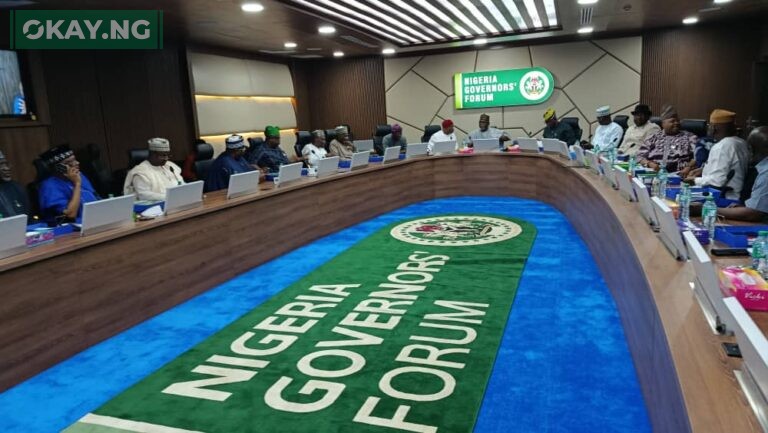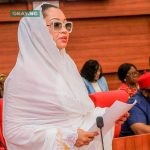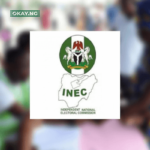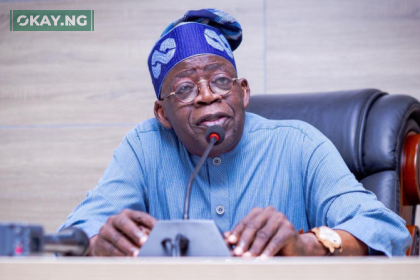The 36 state governors under the Nigeria Governors’ Forum (NGF), led by Kwara State Governor AbdulRahman AbdulRazaq, have committed to working closely with the Federal Government to harmonize levies, remove illegal checkpoints, and enhance the free movement of goods across states. This collaboration aims to address the ongoing food security challenges in Nigeria.
Following a meeting with the National Security Adviser (NSA), Nuhu Ribadu, and key ministers on Thursday, the governors identified widespread checkpoints, unlawful levies, and poor infrastructure as major contributors to food price inflation and disruption in the food supply chain.
Lagos State Governor Babajide Sanwo-Olu, reading the NGF communiqué, said, “The Forum received a briefing from the National Security Adviser, Nuhu Ribadu, accompanied by the Honourable Ministers of Defence, Agriculture, Livestock Development, and Transportation, on the rising cost of food and livestock transportation across the country.”
He added, “The presentation revealed that the proliferation of checkpoints, illegal taxation, and poor infrastructure are key contributors to price inflation and inefficiencies in the food supply chain.”
The NSA informed the governors that a high-level inter-ministerial committee has been set up to address these issues and has submitted recommendations for the Forum’s endorsement.
Sanwo-Olu further noted, “Governors acknowledged the urgency of the matter and expressed commitment to collaborate with federal authorities to streamline levies, dismantle unauthorized checkpoints, and improve the movement of goods across states.”
The communiqué also highlighted concerns over the World Bank’s failure to meet its funding commitments under the Nigeria Community Action Recovery and Economic Stimulus (NG-CARES) programme. States have invested over $2.2 billion through NG-CARES, benefiting more than 17 million people.
“The Forum emphasized the need for an amicable resolution between the World Bank and participating states to conclude the first phase of the programme before advancing to NG-CARES 2.0, which is designed to build long-term resilience for vulnerable households and enterprises,” the communiqué stated.













